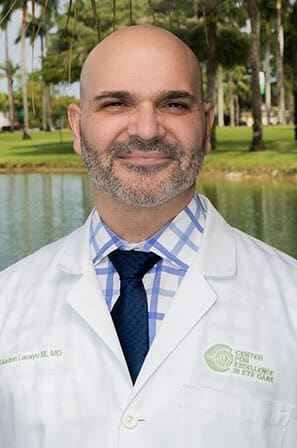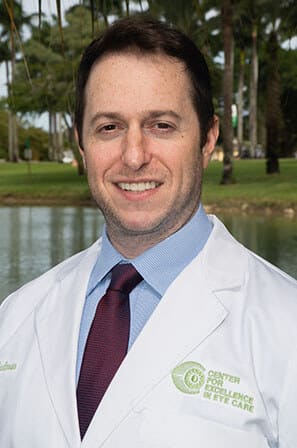Cornea
Cornea
There are several promising ways to restore vision in eyes with corneal diseases. If you are suffering from blurred vision or any corneal abnormality, please call us for a consultation to see how you can achieve your best possible vision.
What is the Cornea?
The cornea is the clear, front part of the eye. It allows light to enter the eye and helps brings images to focus. The cornea must maintain a smooth, clear, regular surface to maintain excellent visual clarity.
Various diseases that may affect the cornea include keratoconus, corneal ectasias, corneal dystrophies such as epithelial basement membrane dystrophy (EBMD), corneal degenerations such as Salzmann’s nodular degeneration, corneal scars, corneal ulcers (bacteria, fungus, herpetic), corneal abrasions, limbal stem cell deficiency, neoplasia, pterygium, corneal edema, and endothelial dystrophies such as Fuch’s Endothelial Dystrophy.
At our practice, we have multiple board-certified ophthalmologists that specialize in the cornea and will work with you to achieve your best possible vision.





